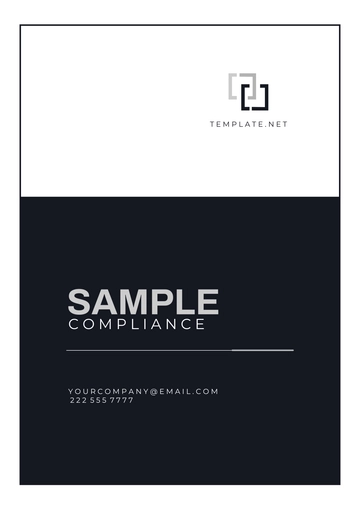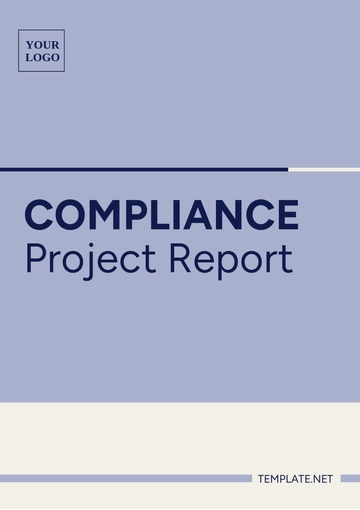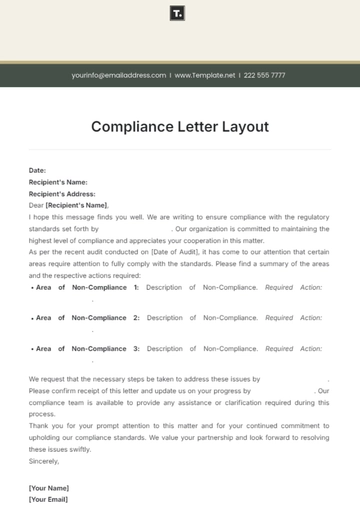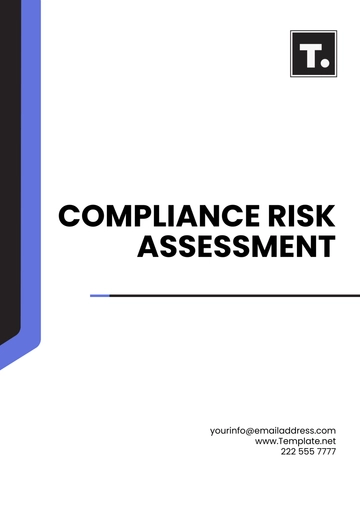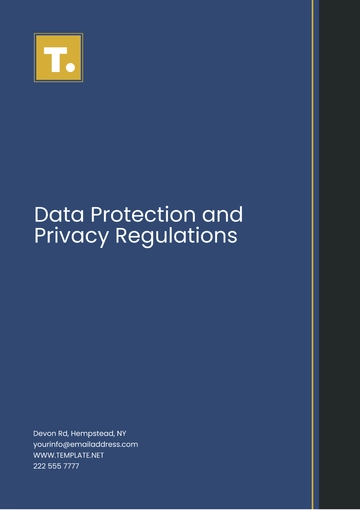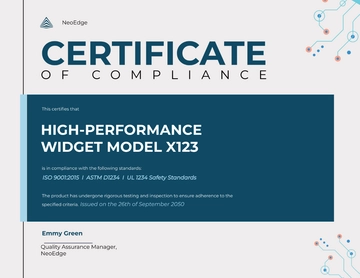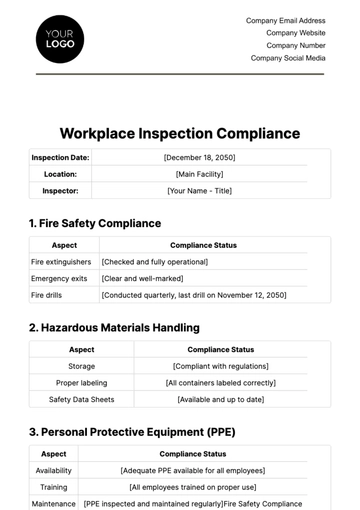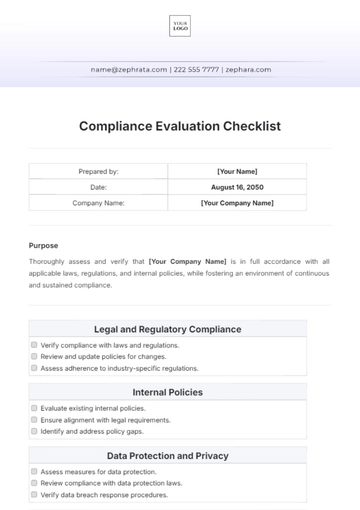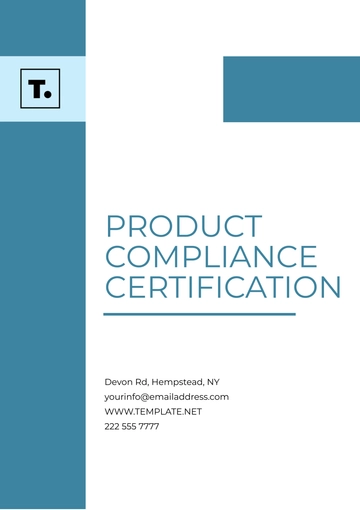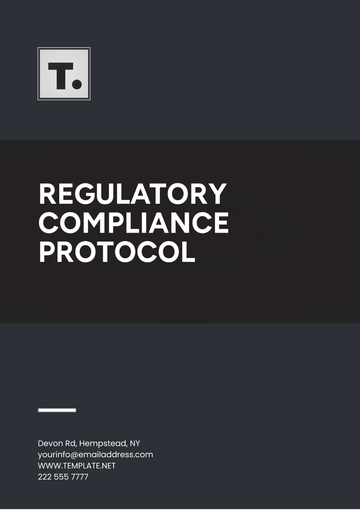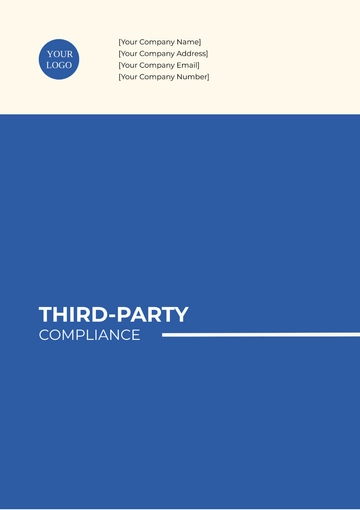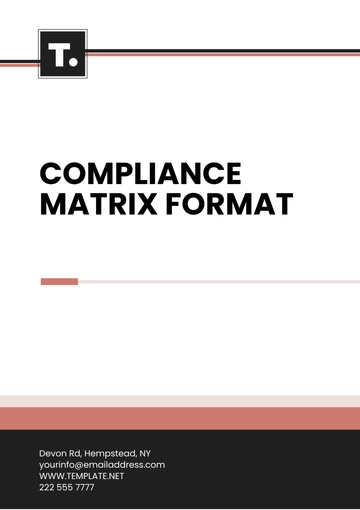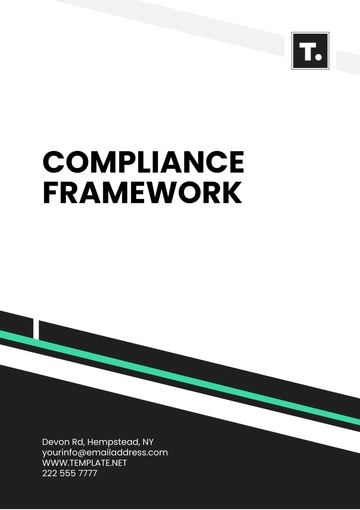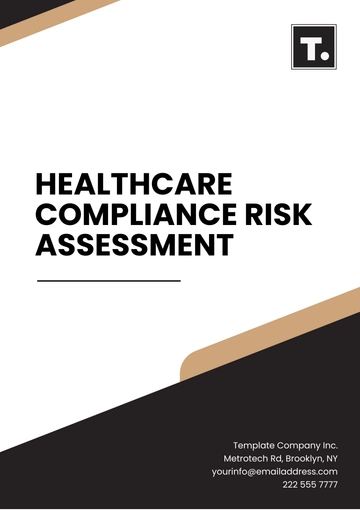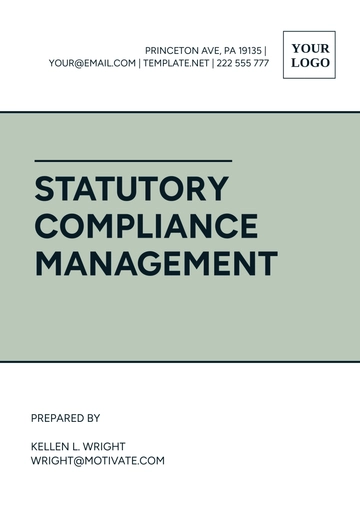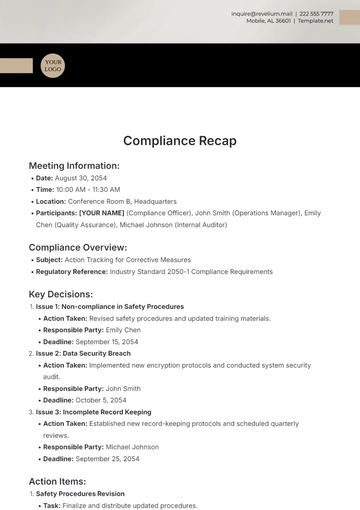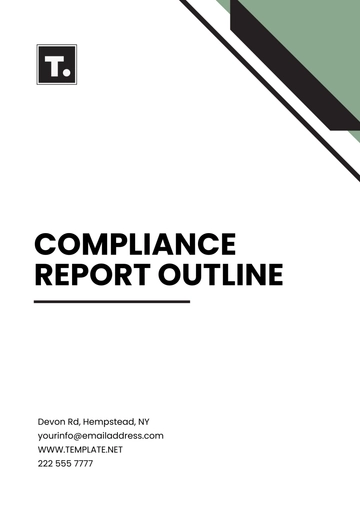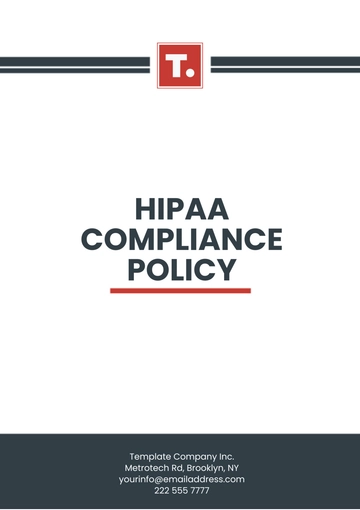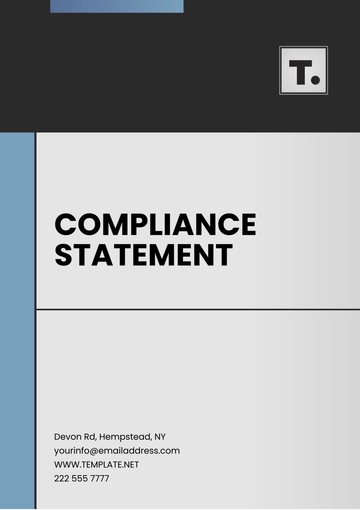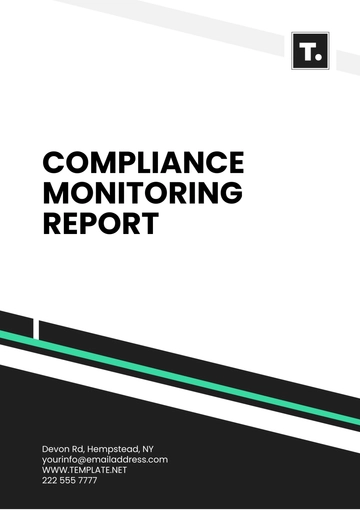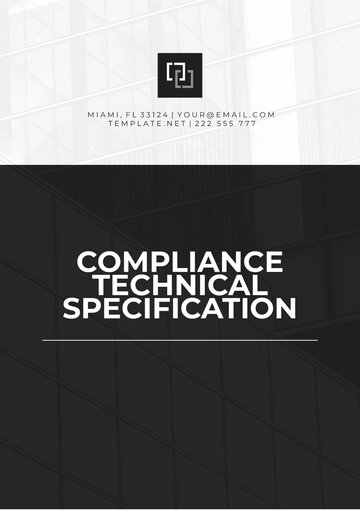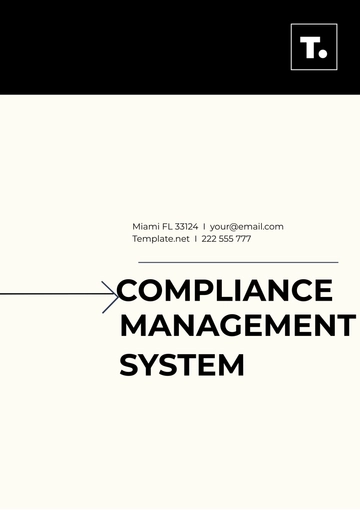Free Simple Compliance Summary
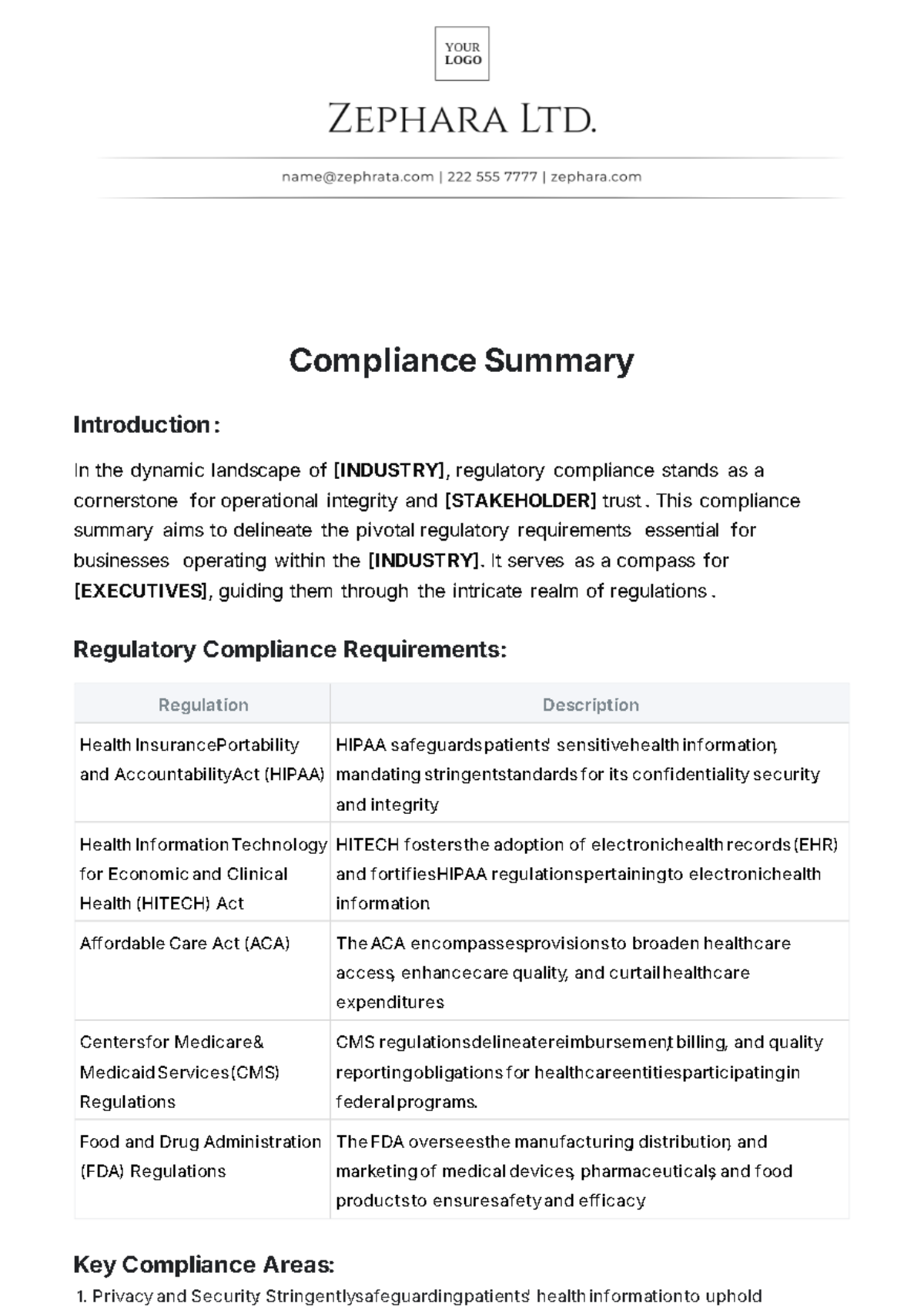
Introduction:
In the dynamic landscape of [INDUSTRY], regulatory compliance stands as a cornerstone for operational integrity and [STAKEHOLDER] trust. This compliance summary aims to delineate the pivotal regulatory requirements essential for businesses operating within the [INDUSTRY]. It serves as a compass for [EXECUTIVES], guiding them through the intricate realm of regulations.
Regulatory Compliance Requirements:
Regulation | Description |
|---|---|
Health Insurance Portability and Accountability Act (HIPAA) | HIPAA safeguards patients' sensitive health information, mandating stringent standards for its confidentiality, security, and integrity. |
Health Information Technology for Economic and Clinical Health (HITECH) Act | HITECH fosters the adoption of electronic health records (EHR) and fortifies HIPAA regulations pertaining to electronic health information. |
Affordable Care Act (ACA) | The ACA encompasses provisions to broaden healthcare access, enhance care quality, and curtail healthcare expenditures. |
Centers for Medicare & Medicaid Services (CMS) Regulations | CMS regulations delineate reimbursement, billing, and quality reporting obligations for healthcare entities participating in federal programs. |
Food and Drug Administration (FDA) Regulations | The FDA oversees the manufacturing, distribution, and marketing of medical devices, pharmaceuticals, and food products to ensure safety and efficacy. |
Key Compliance Areas:
Privacy and Security: Stringently safeguarding patients' health information to uphold confidentiality and integrity in compliance with [RELEVANT PRIVACY REGULATIONS].
Billing and Coding: Adherence to accurate billing and coding protocols is imperative to prevent fraud and ensure ethical reimbursement practices.
Quality Reporting: Compliance with [SPECIFIC AGENCY OR STANDARD] reporting requirements is paramount for demonstrating the delivery of high-quality care and achieving favorable reimbursement.
Product Compliance: Adhering to FDA regulations is vital to assure the safety, efficacy, and quality of medical products and pharmaceuticals.
Penalties for Non-Compliance:
Non-compliance with healthcare regulations can yield severe repercussions, including:
Imposition of civil and criminal penalties
Exclusion from federal healthcare programs
Reputational damage and loss of trust
Legal liabilities and litigation
Conclusion:
Compliance with healthcare regulatory requirements is non-negotiable for business owners and executives, serving as the bedrock of ethical practice and patient welfare. By navigating these regulations with diligence and precision, businesses can foster a culture of integrity, enhance patient care, and safeguard their operational longevity. For comprehensive compliance guidance tailored to your organization's needs, we encourage consultation with seasoned legal and compliance professionals specializing in healthcare regulations.
- 100% Customizable, free editor
- Access 1 Million+ Templates, photo’s & graphics
- Download or share as a template
- Click and replace photos, graphics, text, backgrounds
- Resize, crop, AI write & more
- Access advanced editor
Introducing the Compliance Summary Template by Template.net. This meticulously crafted document is fully editable and customizable to suit your business needs. With seamless integration into our Ai Editor Tool, effortlessly tailor regulatory compliance summaries to your specifications. Streamline your workflow and ensure adherence with ease.
